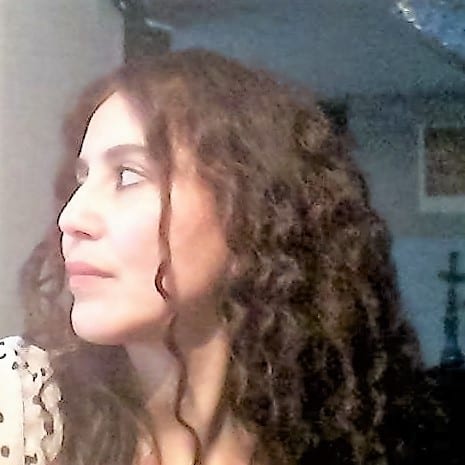Morocco has been building an ambitious Africa policy and is in the process of becoming a key player in economic partnerships with sub-Saharan countries. Morocco has become the main investor in many African regions.
It is also a diplomatic hub; King Mohamed VI recently decided to rejoin the African Union. In 2016 Morocco created the Higher Council of African Ulemas in Fez, whose mission is to coordinate between 120 theologians or religious scholars from 31 African countries.
Simultaneously, a training institute for African imams has opened in the country. Last, but not least, Morocco has also become an academic hub since many African students now study there.
It is within this context that the ESSEC Business School has just opened its Africa-Atlantis campus which will begin classes this Autumn in management and entrepreneurship.
The compound is in Sidi Bouknadel, about 30 minutes away from Rabat. It is immaculate, brand new, with an ocean view. It is an American-style campus with auditoriums, classrooms and student residences at the heart of the Rabat-Salé-Kénitra urban area.
Read more: Morocco: Calls for release of detained hunger-striking Hirak members
Vincenzo Vinzi, who chairs the ESSEC group, told MEMO: “ESSEC is an international school with French roots. The selection criteria of our students will be the same on all campuses”.
The highly respected school founded 110 years ago now has more than 5,000 students and boasts a network of more than 45,000 alumni.
For Thierry Sibieude, Director General of ESSEC Africa-Atlantic, choosing ESSEC Morocco is choosing “new challenges which cannot be found in other ESSEC campuses”.
The Moroccan campus remains one of the smallest with only 480 students and it is very entrepreneur-oriented, unlike the Singapore branch which has more of a focus on consulting.
“In Rabat, we launched a BBA programme because there is a strong need for local managers, those with operational skills,” explains Vinzi. “Some specialised master’s courses will be adapted to local needs. There is a significant need for infrastructure, logistics, innovation, entrepreneurship and social entrepreneurship. [This is what will be] deployed in Africa.”
Mehdi, a Moroccan journalist, notes that this campus is “a good thing. Moroccan families send their children to study abroad. It costs the economy of this country a lot of money. It’s better if they stay and study here”.
ESSEC Africa-Atlantis has a clear ambition: to be “the reference school for business in Africa”.
Read more: Moroccan arrested for wanting to talk to King
Student exchanges have been arranged with other African Grandes Ecoles, notably the Burkina Faso 2IE School in Ouagadougou, which trains engineers. Other contacts with local schools have been made in Togo, the Ivory Coast, Senegal and Benin, says Sibieude.
Courses on Arabic and Islam have been planned for ESSEC Rabat students, and learning Arabic is compulsory, just as Chinese is mandatory in Singapore.
The aim is to train future managers and supervisors who will manage young Moroccans and Africans. It is a question of creating real development for the country and the continent.
If Morocco is a gateway to French speaking Africa, isn’t ESSEC afraid of turning its back on English speaking African countries and other Maghreb countries?
“Our main target was the economic Francophone and therefore Francophone Africa. We are aware of the complex relations that exist between the sister countries of North Africa. We want to overcome these divisions. We also have a legitimacy to go to English speaking Africa,” explains Sibieude.
The Africa-Atlantis campus is fully in line with the Moroccan government’s economic development strategy for the Casablanca-Rabat-Kenitra axis, which will become the country’s economic lung in the next 10 years.
The establishment of an ESSEC campus in Morocco also illustrates a broader phenomenon that makes Morocco part of a strategy to become the go-to hub in Africa. From an economic point of view, large companies have already expanded their business there such as Peugeot, Renault, Peugeot and L’Oréal; these are companies looking for local managers and executives.
The views expressed in this article belong to the author and do not necessarily reflect the editorial policy of Middle East Monitor.


![ESSEC Business School [Hassina Mechaï]](https://i0.wp.com/www.middleeastmonitor.com/wp-content/uploads/2017/09/ESSEC-Business-School.jpg?fit=1200%2C800&ssl=1)









